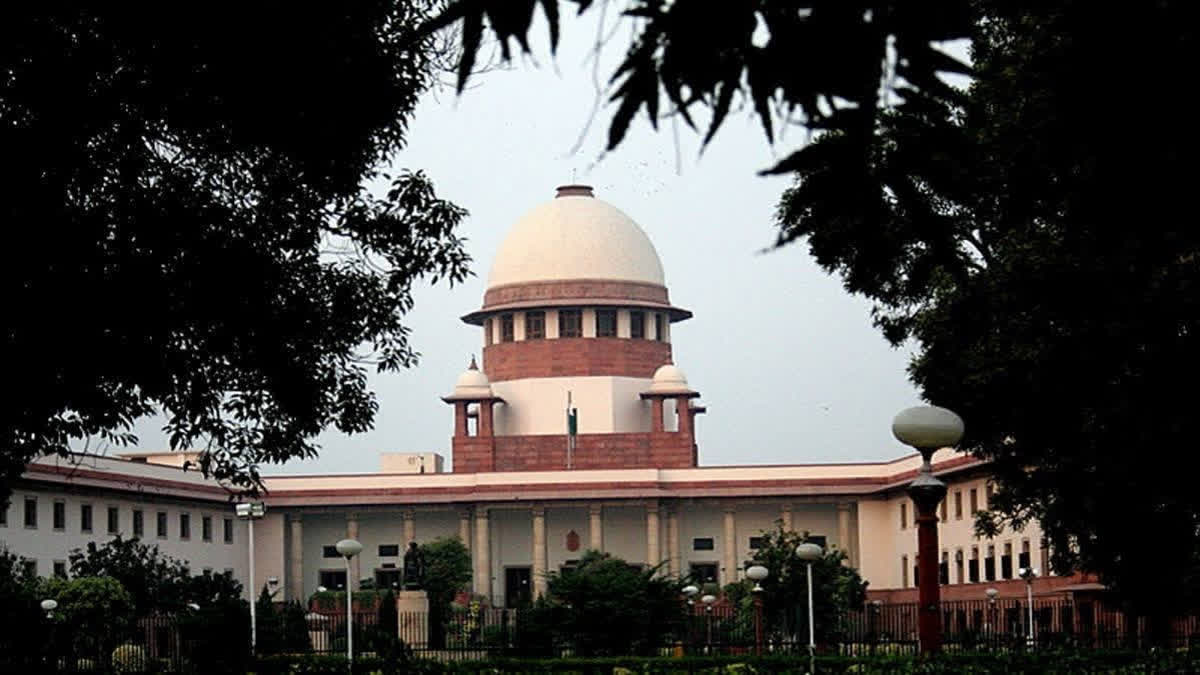New Delhi: The Supreme Court has said that the permission of the state government is not required for the CBI to lodge an FIR against officials’ of the central government posted in the different jurisdictions of states.
A bench comprising Justices C T Ravikumar and Rajesh Bindal overturned an order passed by the Andhra Pradesh High Court quashing the CBI investigations against two central government employees in connection with corruption.
The apex court said that irrespective of the place of posting, the factual position shows that they were central government employees and allegedly committed serious offence under PC Act, which is a central act.
Justice Ravikumar, who authored a 32-page judgment delivered on January 2, did not agree with the High Court's interpretation and added that it erred in asking for fresh state consent for CBI's investigations.
"In such circumstances and in the light of the conclusion already arrived at, the terms of the provisions under the circular memo dated May 26, 2014 all 'laws' applicable to the undivided state of Andhra Pradesh on June 1, 2014 would continue to apply to the new states, namely, Telangana and Andhra Pradesh despite the bifurcation of the erstwhile Andhra Pradesh till such time they were altered, repealed or amended," said the bench.
The top court held that no consent was necessary as the offences in question were under central legislation and involved central government employees.
Allowing the CBI’s appeal, the bench said, "We are of the firm view that the impugned judgment whereunder subject FIRs and further proceedings in pursuance thereof, were quashed cannot be sustained”.
The case originated from the FIRs registered by the CBI against the central government employees working in Andhra Pradesh. In the High Court, the accused, who were booked under the Prevention of Corruption Act, had challenged the CBI’s jurisdiction. It was argued before the High Court that general consent granted to the CBI under the Delhi Special Police Establishment Act, 1946 (DSPE Act), by the undivided state of Andhra Pradesh did not automatically extend to the newly formed state of Andhra Pradesh post-bifurcation.
The High Court accepted this contention and quashed the FIRs while emphasising that fresh consent from Andhra Pradesh was required.



